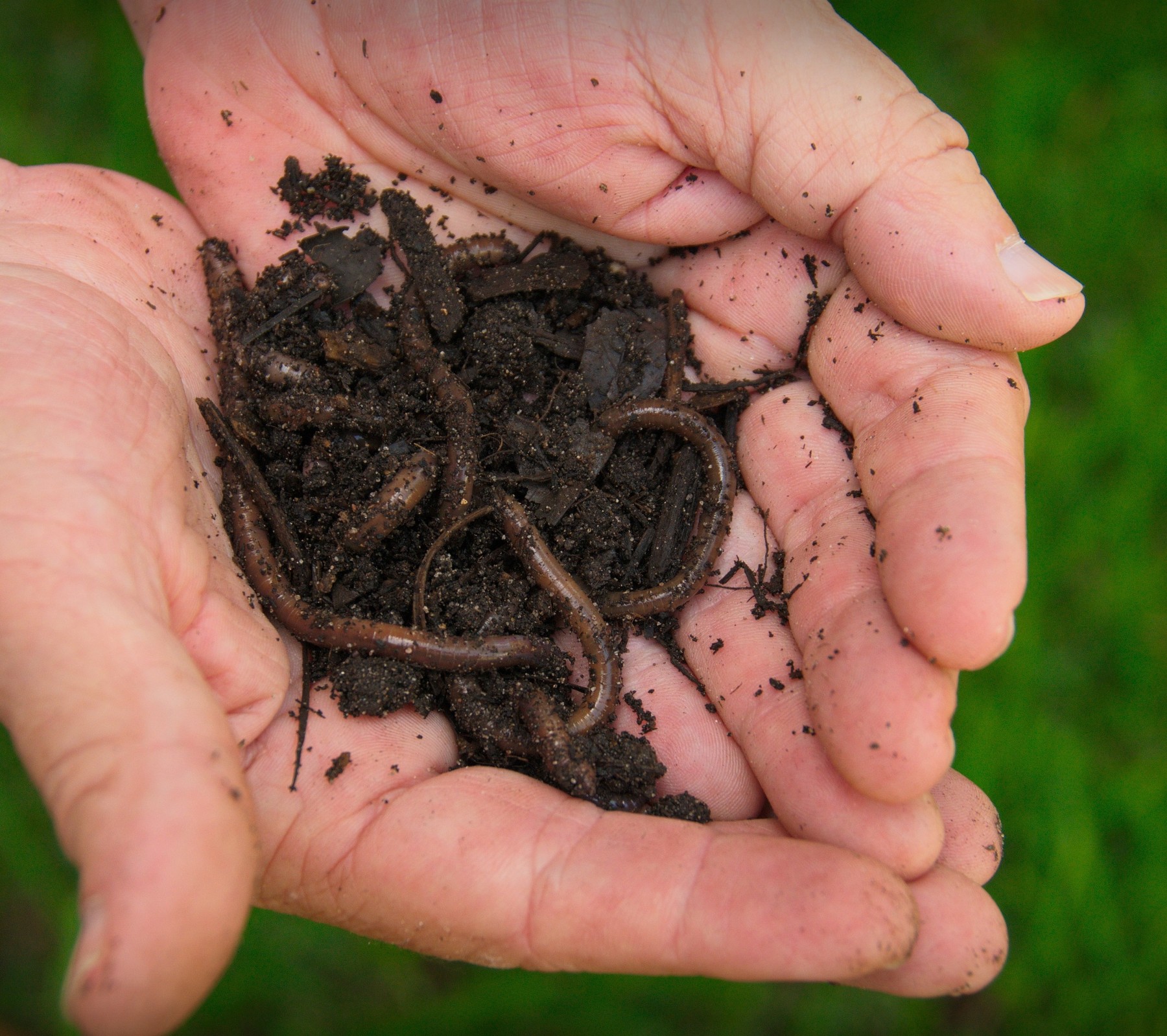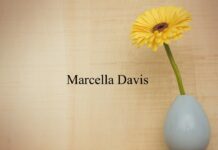Worms are a sure sign of healthy soil. / Courtesy of wjpa.net
Composting creates richer, looser and more organic soil, is easier to work with and ensures that your plants will get more of the nutrients they need to be vigorous and healthy.
Composting can be as easy as digging a hole and burying vegetable peelings in your flowerbeds or vegetable garden, or as complicated as building a wooden or wire structure to keep it neatly contained. In most cases, if placed in an unobtrusive spot, it can be left on the ground in a pile to rot. Covering the pile of compost with a tarp or black plastic speeds up the process. Be sure to place it in the sun, and water it occasionally.
Gathering materials used for composting isn’t hard either; you can use your grass clippings, leaves, barnyard manure and kitchen scraps.
Even the cardboard roll from paper towels, junk mail (as long as it’s not the shiny, slick paper) and the lint from your dryer are compostable materials.
Save your kitchen scraps, egg shells, cores from fruits and peels from vegetables along with coffee grounds and wilted flowers from cut arrangements, tea bags, etc. under your sink in an old ice cream container, the kind with the handle.
When it’s full, just chunk it in the compost pile, or if you have something to plant, put the contents in the bottom of the hole, add just a little soil and pop in the plant. You plants will love it, and, as an added bonus, this brings worms to the soil. Worms help to aerate the roots, which add another element of compost, worm castings.
By recycling these kinds of scraps, clippings and cuttings, you are putting back much-needed elements into soil that is what… about, oh, two million years old. That’s pretty old for topsoil, and it needs replenishing. Wind, erosion and relentless baking in the sun for all that time has turned most of the earth into hard, empty, dusty soil or packed it into red clay.
Making a garden is a labor of love, but a labor, nonetheless. By adding compost and layers of soil conditioner, (that’s the really fine mulch, also sold at the co-op) you can build up flowerbeds and borders over a period of about 12 years.
Just to recap; don’t put anything in your compost that a dog would eat, nothing meaty or cheesy, no cooked eggs, etc. No cooked vegetables with salt or oil added, no bread, meat, fish or bones. Remember what salt does to snails? Well, it does the same thing to worms, and worms are a sure sign of healthy soil.
Healthy soil resists disease, fungus and insects. The less we have to use chemicals or insecticides the better for the beneficial insects and worms. (Not to mention us!)
By recycling and giving back to the earth we sustain one of our most valuable assets. Without soil to grow crops and gardens we would soon perish.
So leave those leaves and clippings on the ground, or gather them for compost. Sending them to the dump in trash bags does nothing for the environment, and fills up the landfills faster than necessary.
Start saving those leftover vegetable and fruit peelings and you’ll be amazed at how fast they accumulate.
You will be rewarded with a lush lawn, and beautiful flowers and shrubs. So go ahead, begin your own compost bin today, and use this newspaper as a start!
Copyright 2017 Humble Roots, LLC. All Rights Reserved.
























